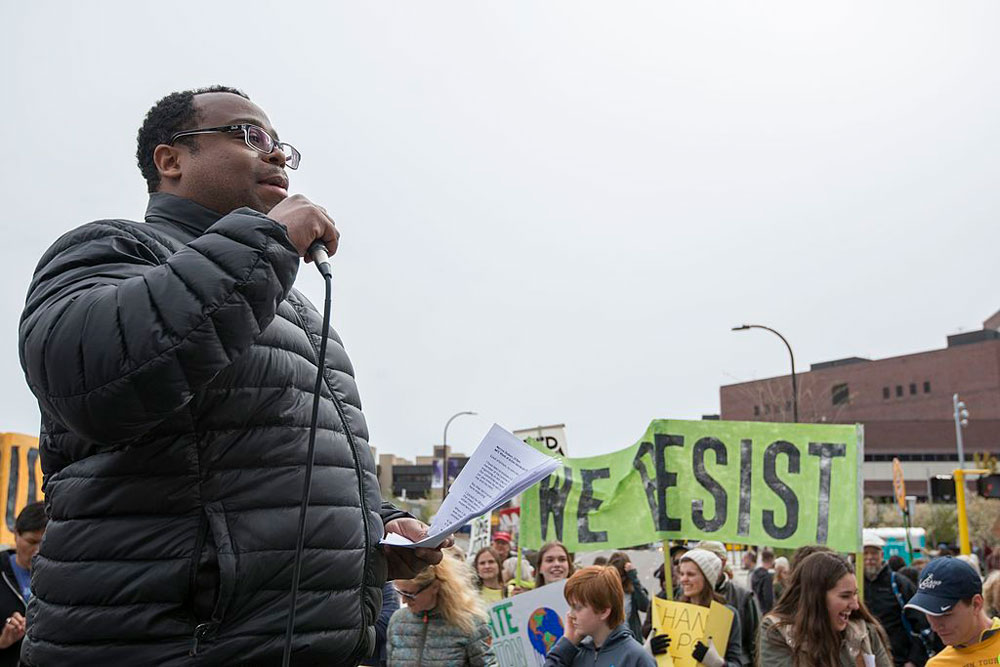
The Star Tribune reports that the Minneapolis Foundation has awarded the first grants from a new fund for local projects that take on the climate crisis by reducing greenhouse gas emissions.
The grants to three nonprofits are modest, totaling $67,500, an amount that works out to roughly 0.1 percent of the foundation’s estimated annual grantmaking of $70 million. Still the grants will have an impact, supporting an electric-car sharing network, youth-led energy audits, and clean-energy outreach. The projects focus on low-income neighborhoods in North Minneapolis.
That matches the direction of the Minneapolis Foundation’s new Minneapolis Climate Action and Racial Equity Fund. The Star Tribune reports the new fund represents a growing interest in environmental issues on the part of the Minneapolis Foundation. Other community foundations around the country seem to be heading in a similar direction.
“Right now, there’s an urgency to take action on climate change,” the CEO of the Minneapolis Foundation, R.T. Ryback, told the Star Tribune. “We have not done anything like this before.”
Sign up for our free newsletters
Subscribe to NPQ's newsletters to have our top stories delivered directly to your inbox.
By signing up, you agree to our privacy policy and terms of use, and to receive messages from NPQ and our partners.
The Minneapolis fund is a partnership between the community foundation, the city, and the McKnight Foundation, a family foundation focused largely on Minnesota. The McKnight Foundation seeded the fund with a $100,000 gift. To date, the fund has raised a total of $122,000.
The Minneapolis Foundation notes that “because of their scale, local climate action initiatives often lack significant dedicated funding.” The funded projects are:
- Minnesota Interfaith Power & Light ($17,500) for a youth project with two Minneapolis congregations to conduct energy audits of a church and a mosque, create work plans, and help set up home energy audits within the community;
- MN Renewable Now ($25,000) for outreach to businesses and residents to choose renewable energy; and
- Hourcar ($25,000) for outreach for an electric car-sharing system with 150 cars and 70 charging stations that will “have a focus on service to disadvantaged neighborhoods and communities of color.”
A second round of grants is expected to be awarded in November. Still, it is clear that fundraising to date has hardly been sufficient to meet the community demand. In the first round, 17 nonprofits submitted requests that totaled $291,000, meaning that while three got funding, another 14 local nonprofits were left empty-handed.
More broadly, the initiative takes place in an environment that demands action. The 2018 National Climate Assessment found that people with lower incomes will disproportionately suffer the effects of continuing climate change. That’s in part because low-income communities, which are already vulnerable, find it more difficult to prepare for and recover from extreme weather events and climate-related changes. The report notes that helping poorer communities adapt to climate change is a way to not only reduce carbon emissions, but also to build a more equitable economy.
The Foundation Center reports that between 2011 and 2015, the largest 1,000 foundations in the US directed only one percent of their giving to combat climate change. Hopefully, those numbers have improved since 2015, although more recent data is unavailable. In this context, the work of the Minneapolis Foundation and other community foundations to increase their funding is clearly timely.—Catherine Jones













